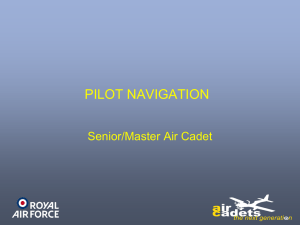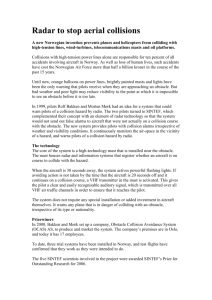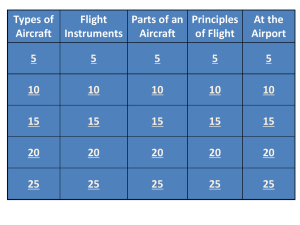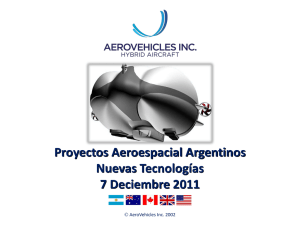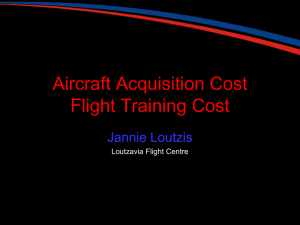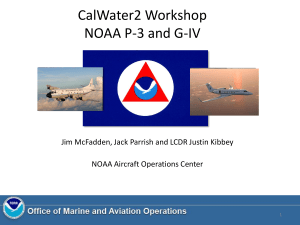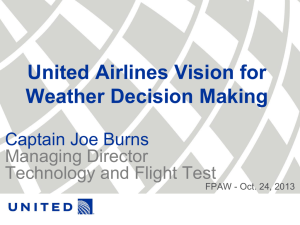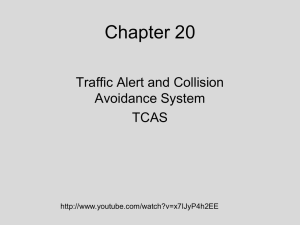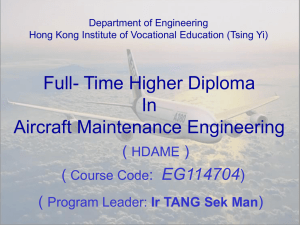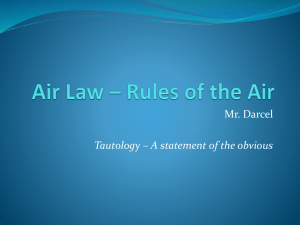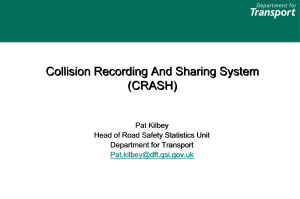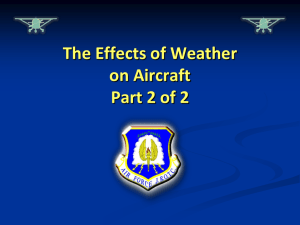ATM_Collision_Avoidance
advertisement
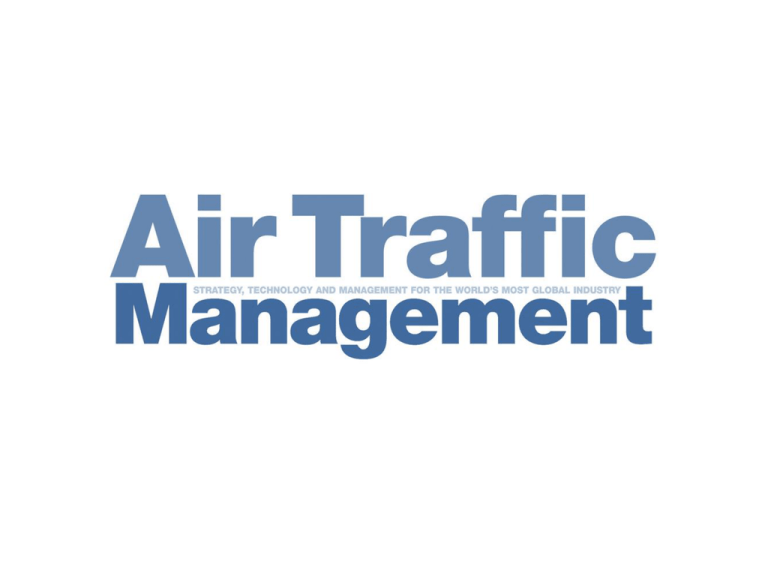
Part 8. Collision Avoidance ACAS/TCAS • An airborne collision avoidance system (ACAS) is an aircraft system that operates independently of ground-based equipment and air traffic control in warning pilots of the presence of other aircraft that may present a threat of collision • A traffic collision avoidance system or traffic alert and collision avoidance system (both abbreviated as TCAS) is an aircraft collision avoidance system designed to reduce the incidence of mid-air collisions between aircraft. It monitors the airspace around an aircraft for other aircraft equipped with a corresponding active transponder, independent of air traffic control, and warns pilots of the presence of other transponder-equipped aircraft which may present a threat of mid-air collision (MAC). It is a type of airborne collision avoidance system mandated by the ICAO to be fitted to all aircraft with a maximum take-off mass (MTOM) of over 5700 kg (12,586 lbs) or authorized to carry more than 19 passengers. • ACAS / TCAS is an aircraft system based on secondary surveillance radar (SSR) transponder signals, which operates independently of ground-based equipment to provide advice to the pilot on potential conflicting aircraft that are equipped with SSR transponders. ACAS/TCAS ACAS/TCAS GPWS • A ground proximity warning system (GPWS) is a system designed to alert pilots if their aircraft is in immediate danger of flying into the ground or an obstacle. The United States Federal Aviation Administration defines GPWS as a type of terrain awareness warning system (TAWS). More advanced systems are known as enhanced ground proximity warning systems (EGPWS) GPWS MTCA (MTCD) Medium-Term Conflict Detection (MTCD) is a flight data processing system added functionality designed to warn the controller of potential conflict between flights in his area of responsibility in a time horizon extending up to 20 minutes ahead. STCA Short Term Conflict Alert (STCA) is an automated warning system for air traffic controllers (ATCO). It is a ground-based safety net intended to assist the controller in preventing collision between aircraft by generating, in a timely manner, an alert of a potential or actual infringement of separation minima. Safety Nets In extend to STCA other ground based safety net functions are typically implemented to support the ATCO. These in include: • Minimum Safe Altitude Warning (MSAW); and • Area Proximity Warning (APW) The equivalent system on board an aircraft is TCAS Questions…
